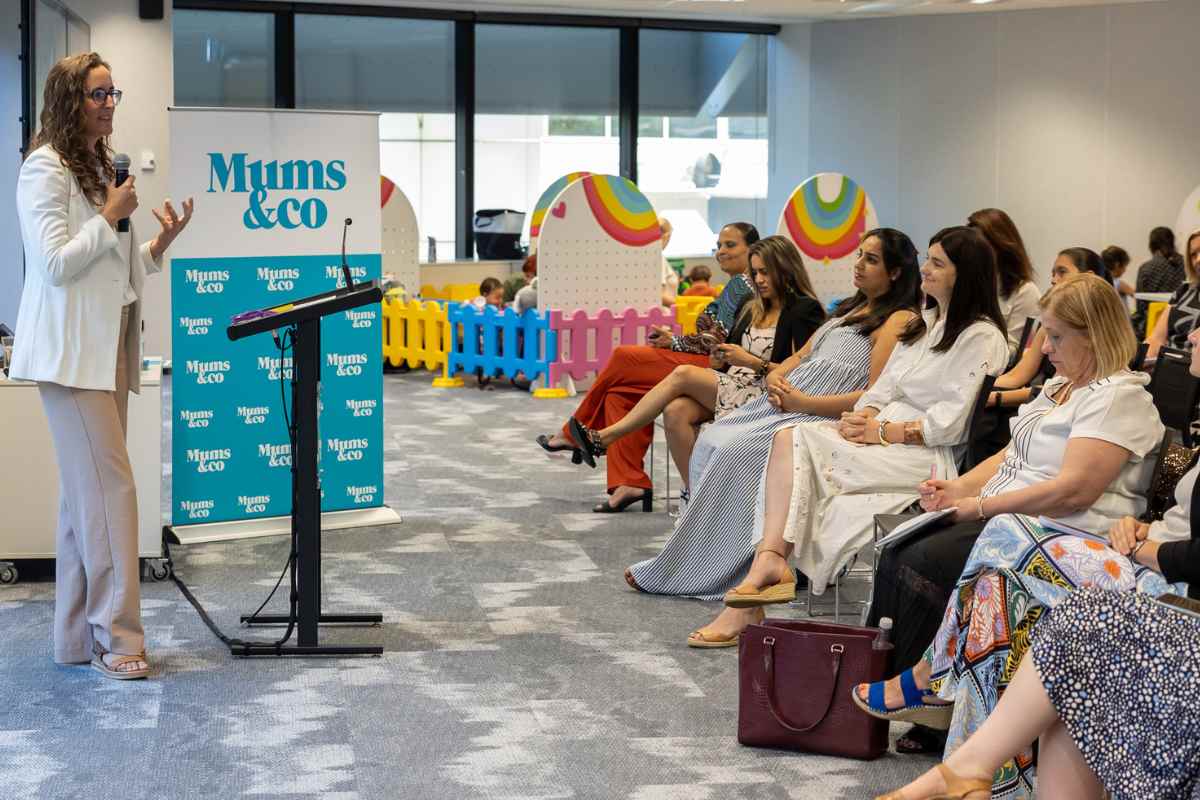Negotiating better partnerships
As business owners, we're often asked to support local or industry-specific activities through partnerships.
As business owners, we're often asked to support local or industry-specific activities through partnerships. This may be a great opportunity to get exposure for your brand but it's important that you know what success looks like prior to putting your dollars on the table.
Here are five tips to make the most of your partnerships:
Why would you do this?
Everyone wants to do what they can to support worthy causes and support the local area we are part of, but these activities must deliver against objectives. When you are considering a partnership, determine its place in line with your marketing or business strategy. What's your CSR policy? What's your ROI on any investments (in time or money)? Be clear on the answer to this question, as people will want to know.
In simple terms, why does this make sense for your business?
Does the audience align?
If your reasons for investing in a partnership are to reach an organisation's audience, with a view to drive revenues in your business, ensure you have a clear picture of their audience profile. Make sure there is enough of an overlap with your ideal customer. That way you can make a calculated guess on how much uptake there may be from their database for your product.
What do you bring to the table?
Most organisations will ask you for cash, so it's important for you to know the value of what else you can bring to the table. Depending on what your business does, can you provide marketing support (via your database or socials)? Are you able to provide products or services that will save them money? Is there something else you can offer instead of cash? This will give you leverage and something to put on the table in place of any money you'd like to take off it.
How do you determine the value of the offer?
Review the proposal document with a critical eye. What do each of the inclusions in the deal mean? How much would each of these things cost if you bought them individually? Do some investigation into what else you could spend your marketing dollars on and compare the value with the current offer. If you feel a deal is overpriced, ask them how they have come up with their pricing model or valuation. If your valuations are vastly different you can walk away or see if you can agree to a more reasonable figure by talking through your assessment of it.
Share what you're trying to achieve
Ensure you share your KPIs with the other party, so they know how to help you make the most of the deal. If you are clear on this, you can shape a deal that is solely focused on an objective, and you can give them back any 'unnecessary' inclusions in your deal. For example, instead of just sponsoring the local football club, could you align with a specific program for developing girls football? A deal like this means, rather than have a little piece of a big pie, you can 'own' part of the club and create stories you can share through your marketing channels.
If you have a big deal on the table, that could significantly impact your business and would like some help, feel free to reach out for some strategic support.
This article was written by
Sam Trattles is a Commercial Deals Negotiator who has closed upwards of $450M in deals across sport, music, the arts, philanthropy and grass roots programs. She works with business leaders, sponsor brands and those seeking partners, helping them create strategies that drive efficiency and deliver great returns, because it's worth a great deal.
For more information about Sam Trattles' negotiating firm, Other Side of the Table, click here.
Ready to harmonise your ambition, livelihood and wellbeing? Join Australia's most caring business network. You’ll find experts, business advice, member directory and events. Sign up for a free trial today.
-1.png)

.png)

.png)






